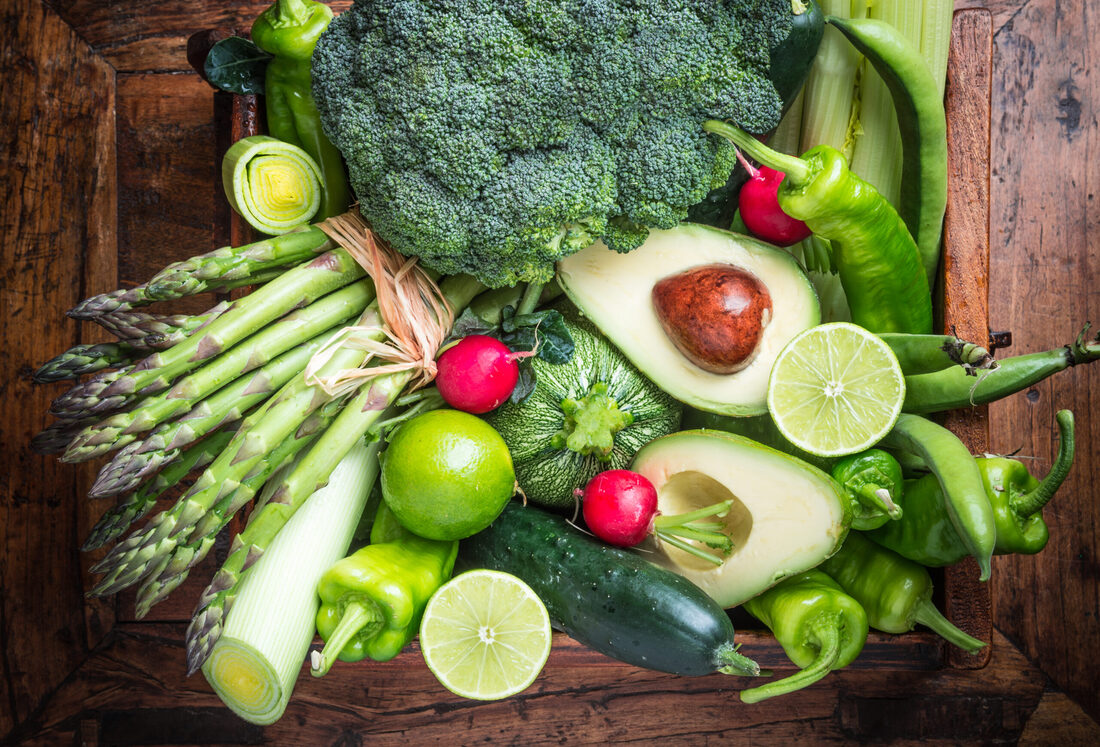Folate is a natural occurring form of Vitamin B-9. Vitamin B-9 is essential to the manufacturing of new cells in our body, especially during neural development in infancy and pregnancy.
What Is Folic Acid?
Folic acid, on the other hand, is a synthetic, man-made form of vitamin B-9. It is used in supplements or processed food such as cereal. Folic acid is not readily absorbed by our body and needs further conversion by our liver to turn into active form of vitamin B-9.
How Are They Metabolised?
As a result, the bioavailability of folic acid is greatly reduced after the metabolism process. Folate, on the other hand, is readily available through whole food. Sources of folate includes:
• Asparagus
• Leafy greens such as spinach or kale
• Broccoli
• Beets
We hope this has helped clear up the confusion around folate and folic acid. Folate can be sourced from natural food sources and is readily absorbed and metabolised by our body. Folic acid is a useful supplementation to help with vitamin B-9 deficiency. However, the poor bioavailability of folic acid might require a higher dosage of supplementation. Consult a dietitian or primary care provider to evaluate the adequate dosage needed.


 RSS Feed
RSS Feed